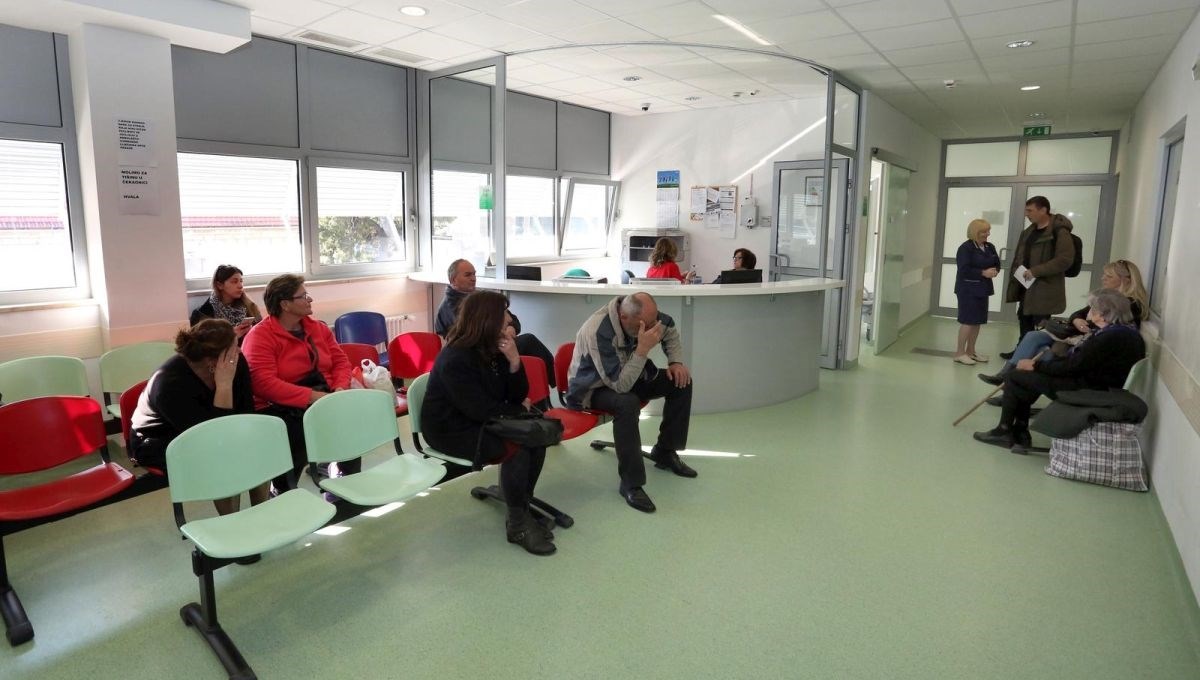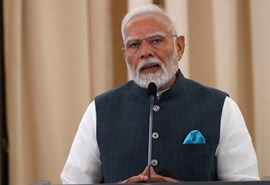There is currently a significant shortage of family doctors, gynecologists, and pediatricians in primary healthcare in Croatia, as confirmed by a longitudinal study by the Croatian Medical Chamber (HLK). HLK emphasizes that forcing doctors to work in health centers, where salaries are lower, was a mistake and proposes that doctors should have the freedom to choose whether to work in health centers or privately. The situation is particularly severe in several counties, with shortages of up to 83% of pediatricians. HLK proposes nine measures to address the problem, including establishing a national specialization system, limiting the number of insured patients per doctor, enabling group practices, and digitizing administrative tasks. Doctors warn about overwork, high stress levels, and burnout syndrome, as well as dissatisfaction with working conditions and salaries, especially in health centers. HLK calls on local authorities to be more active in attracting doctors through various incentives.
Political Perspectives:
Left: Left-leaning sources tend to emphasize the systemic issues in healthcare funding and working conditions that contribute to the shortage of doctors. They highlight the need for better public investment in healthcare, improved salaries, and working conditions, and criticize policies that force doctors into less desirable public sector jobs. The narrative often focuses on the burnout and stress faced by healthcare workers and calls for comprehensive reforms to support them.
Center: Center-leaning sources report the facts of the shortage and the proposals by the Croatian Medical Chamber in a balanced manner. They focus on the statistics of shortages, the proposed measures such as allowing doctors freedom of choice, and the administrative reforms suggested. The narrative is pragmatic, emphasizing the need for cooperation between government, medical professionals, and local authorities to solve the problem.
Right: Right-leaning sources may emphasize the importance of private practice and market-driven solutions, supporting the idea that doctors should have the freedom to choose their workplace, including private practice. They might highlight the inefficiencies in the public healthcare system and advocate for reducing bureaucracy and increasing competition. The narrative may also focus on personal responsibility and incentives to attract doctors rather than increased public spending.





























